THE FACULTY
1.1 RATIONALE FOR SETTING UP THE FACULTY
The ecological region in which the University of Benin, is situated and in particular Edo and Delta States is a region of intensive agricultural, forestry and fisheries activities. This region consists of extensive mangrove swamps in the Delta where numerous rivers ramify and drain into the Atlantic Ocean, a tropical high forest zone in the middle belt and low forest and savanna regions towards the north around Igarra in Akoko-Edo Local Government Area. The entire environment is characterized by intensive farming and fishing activities by individuals, private companies and government agencies. Edo and Delta States are pre-eminent in the entire country in the production of food crops such as yams, cassava, cocoyam, plantains, bananas etc. In addition, cash crops such as rubber, oil palm, cocoa and timer are produced extensively in Edo and Delta States. Edo and Delta States are the foremost producers of rubber in the entire country.
Historically, this area are among the first areas in which silviculture was developed during the colonial days. The Taungya system of farming, which is a symbiosis of agriculture and forestry, was first started in Sokponba, and has since spread to other parts of the country and continues to be important in our agricultural system. Sokponba continues to remain a centre of International Research in Forestry. Without doubt, Edo and Delta States are the centre of the forest industry in Nigeria. For instance, the oldest wood processing and utilization centre in the country, African Timber and Plywood (A.T& P) is in Sapele, Delta State. Recently, the United Africa Company (UAC) of Nigeria, commissioned a six million naira (N6,000,000.00) afforestation project in Sokponba.
The ecological region under consideration is adjacent to the Nigerian coastline where major fishing industries thrives. Inland freshwater also abounds and a lot of freshwater fishing activities go on. Aviara Fish Farm in Isoko L.G.A is the largest farm in Nigeria and indeed in West Africa. In addition, there are over 200 hectares of fish ponds in the states. Also, even now, a big cattle, sheep and goat market (especially of Aduwawa, Eyaen) exist in the city. There is also Okomu Oil Palm, Presco Oil, Okomu National Park, Ejemai Poultry Farms, Songhai Farms, Amukpe among other in the zone.
In order to help government maximize the utilization of these resources, the output of more manpower in the various areas of agriculture is extremely important for research and production. For example, it has been estimated that the fisheries sector alone would require at least 100 graduates every year for the next decade in order to effectively exploit the fisheries resources in Nigeria Rivers, Lakes and coastal waters. The Forestry and Wildlife and general agriculture sectors are similarly deficient in trained personnel.
In the light of the foregoing and considering the fact that there was no higher institution awarding degrees in Agriculture, and after the closure of the College of Agriculture and Natural Resources, there was a need to establish a Faculty of Agriculture at the University of Benin, within this zone of intensive agricultural, forestry and fisheries activities.
1.2 PHILOSOPHY OF THE FACULTY
The need to transform the very rich and diverse Agricultural and Natural resources of our catchments zone within the South-south region in particular and the nation in general, for sustainable socioeconomic development, formed the first basis of the establishment of the Faculty of Agriculture in 1983. Built within his philosophy is the additional goal of developing the human capacity to undertake the development process of economic transformation. These are the driving forces behind the activities of the Faculty.
The 21st century has now been predicted to be the century of “Knowledge” particularly as it relates to Science and Technology applied to Agriculture, Information Technology and Industrialization. The challenge of Nigeria today and the 21st century is therefore the transformation of its educational, science and technology systems, which must be anchored in its traditions and values; and to eradicate poverty and improve quality of life by actively responding to the basic needs of food security, amongst others.
The Faculty has, as its objectives, the training of production-oriented graduates in the various areas of Agriculture, Forestry and Fisheries. It is expected that many of such graduates shall take up Agriculture as a career when they graduate from the University. The avenues available for agriculture graduates in this country are research institutes, Ministries of Agriculture and Natural Resources, Government Parastatals, teaching, private sectors, including banks, oil companies and other allied agribusinesses. Whilst most of the graduates produced by existing Faculties of Agriculture have gone into research and the public sector, very few seem to have become full-time farmers. It is becoming increasingly clear that ‘farming’ as a business needs tob e professionalized, in order to emphasized its importance in the efforts of this country for self-sufficiency in food and fibre production. Hence the Faculty’s emphasis on the training of production-oriented graduates. However, others like Nigerian Institute of Animal Science (NIASS), Nigerian Institute of Food Science and Technology (NIFST) and Nigerian Veterinary Medical Council (NVMC), are already in place
NIFST)and Nigerian Veterinary Medical Council (NVMC),are already in place.
1.3 OBJECTIVES
The objectives of the Faculty are to:
i. Develop programmes covering the broad areas of agriculture, forestry and fisheries.
ii. turn-out production-oriented graduates in agriculture, forestry and fisheries by making it mandatory for each student to maintain a plot in the field, a pen of animals or be in a team to manage fish ponds.
iii. train personnel capable of teaching and conducting relevant research in Agriculture, Fisheries, Forestry & Wildlife; and capable of taking up employment anywhere in Nigeria (at home)and abroad in any aspect of Agriculture and related areas.
iv. produce graduates who will profitably put their skills into operation by establishing and operating their own farming enterprises.
v. produce extension workers who should be able to communicate effectively with rural farmers taking cognizance of their present level of awareness and emerging technologies
vi. conduct research into various aspects of Agriculture, Forestry, Wildlife and Fisheries.
vii. establish a viable commercial farm.
viii. organize regular agricultural clinics where staff and students will advise farmers on practical problems.
ix. Engage in other agricultural activities including community service, Teachers Industrial Work Experience(TIWES), publication of research works, etc
my text of the printing and typesetting industry. Lorem Ipsum has been the industry’s standard dummy text ever since the 1500s, when an unknown printer took a galley of type and scrambled it to make a type specimen book. It has survived not only five centuries, but also the leap into electronic typesetting, remaining essentially unchanged. It was popularised in the 1960s with the release of Letraset sheets containing Lorem Ipsum passages, and more recently with desktop publishing software like Aldus PageMaker including versions of Lorem Ipsum.
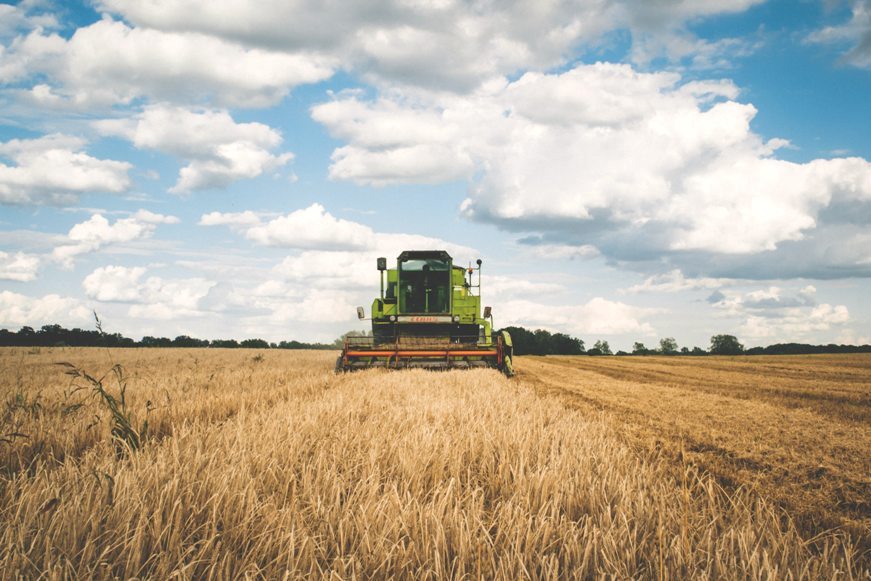
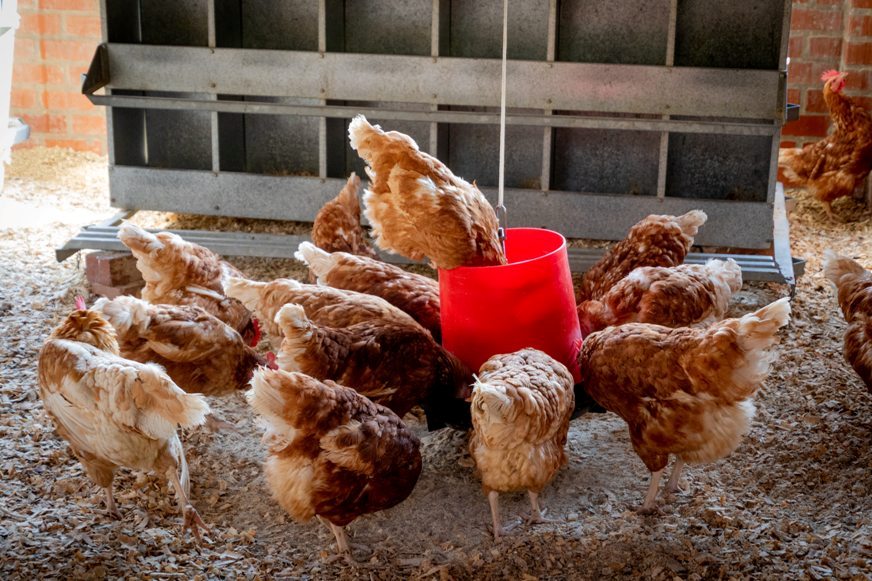
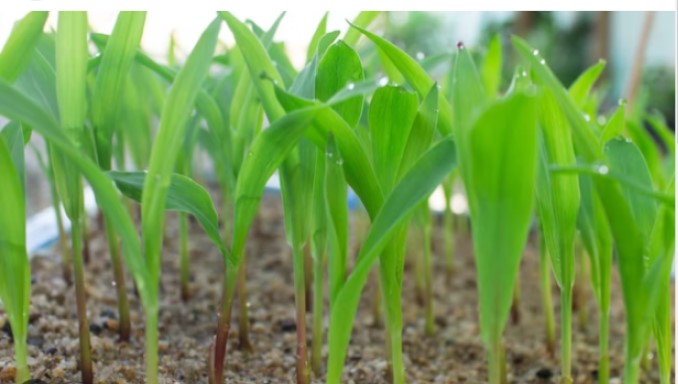
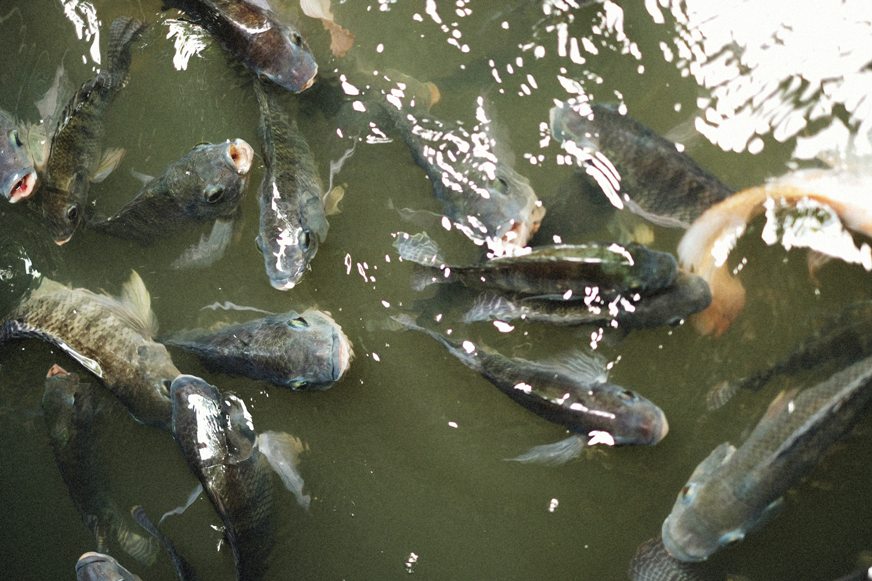


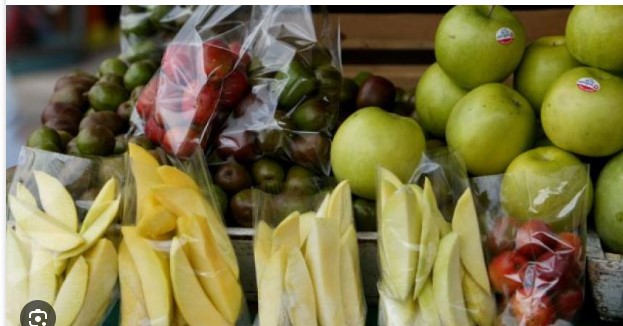
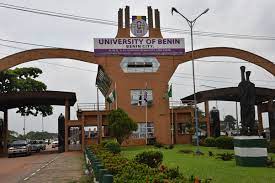
Recent Comments